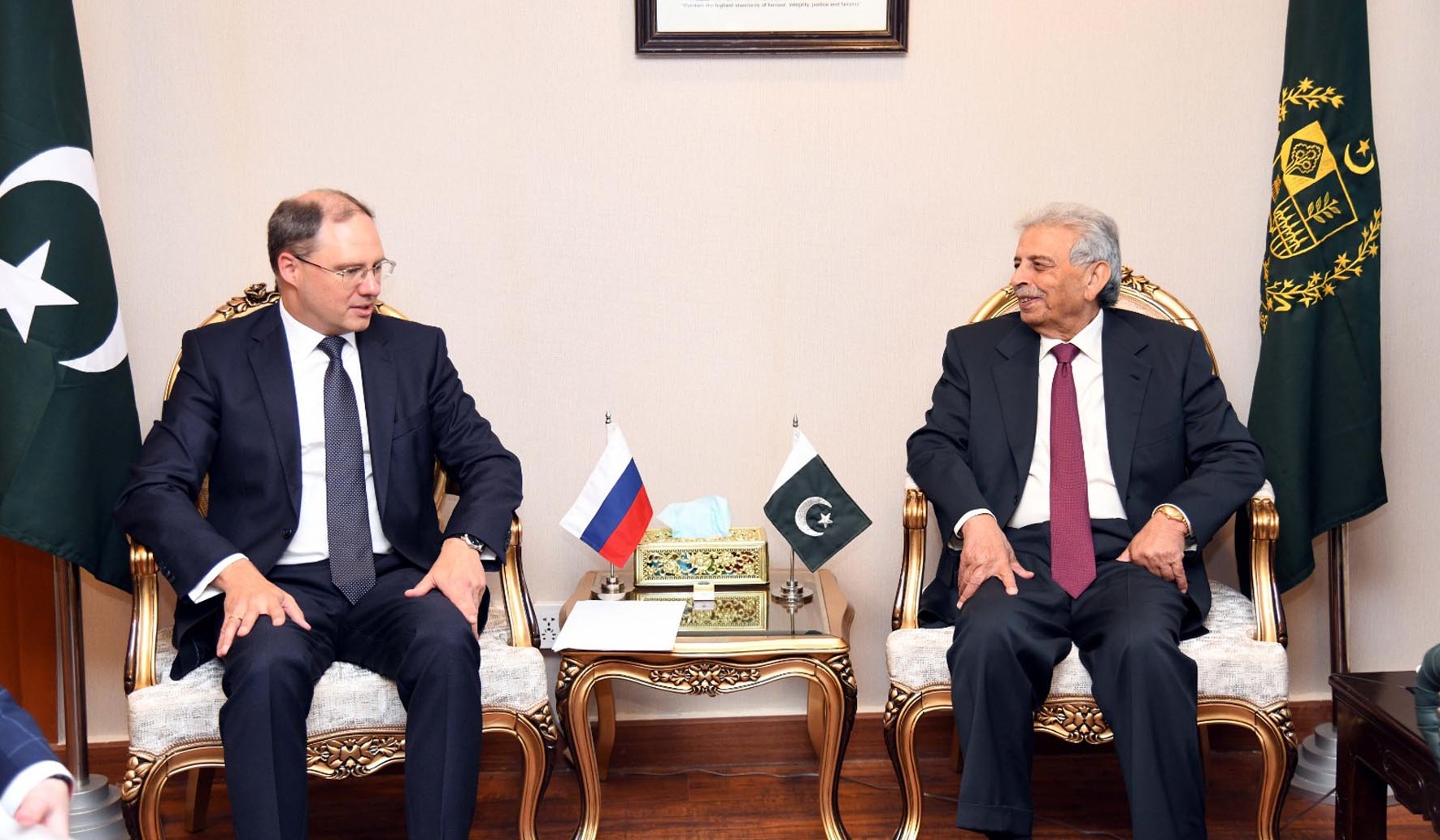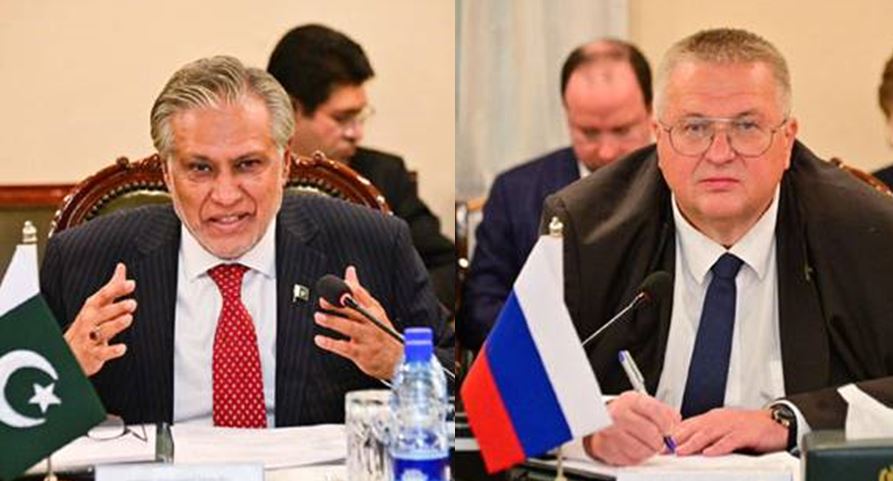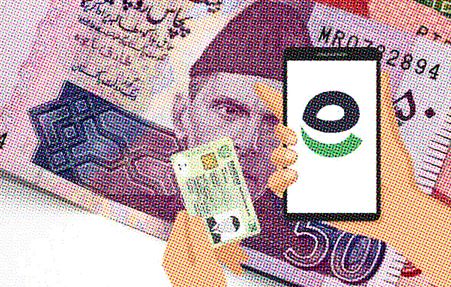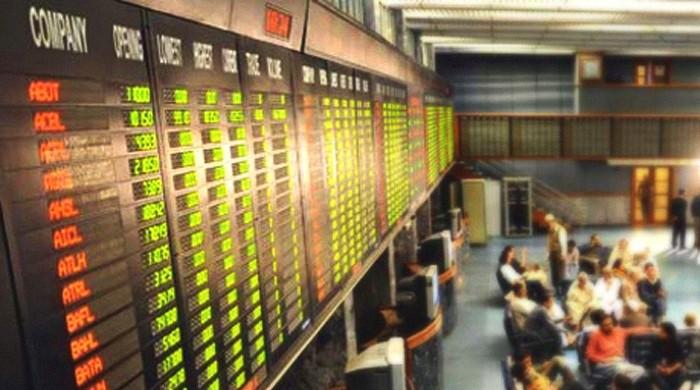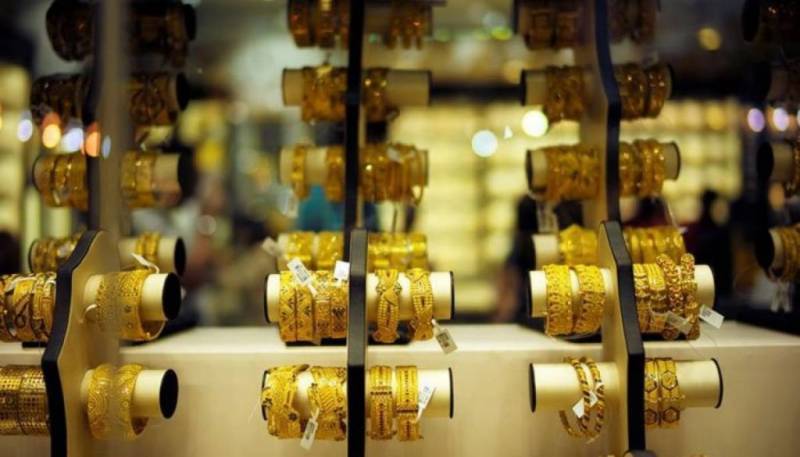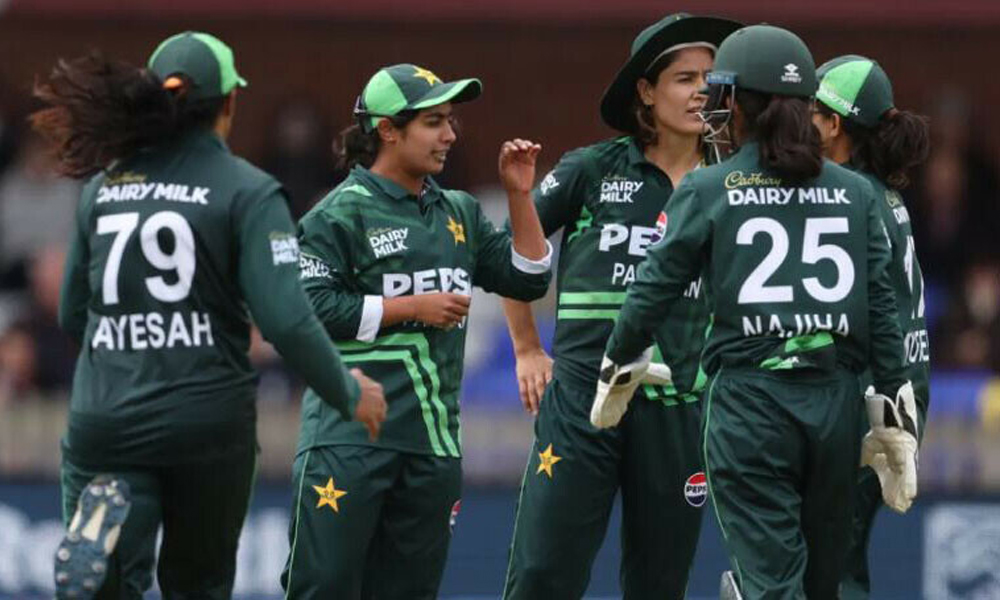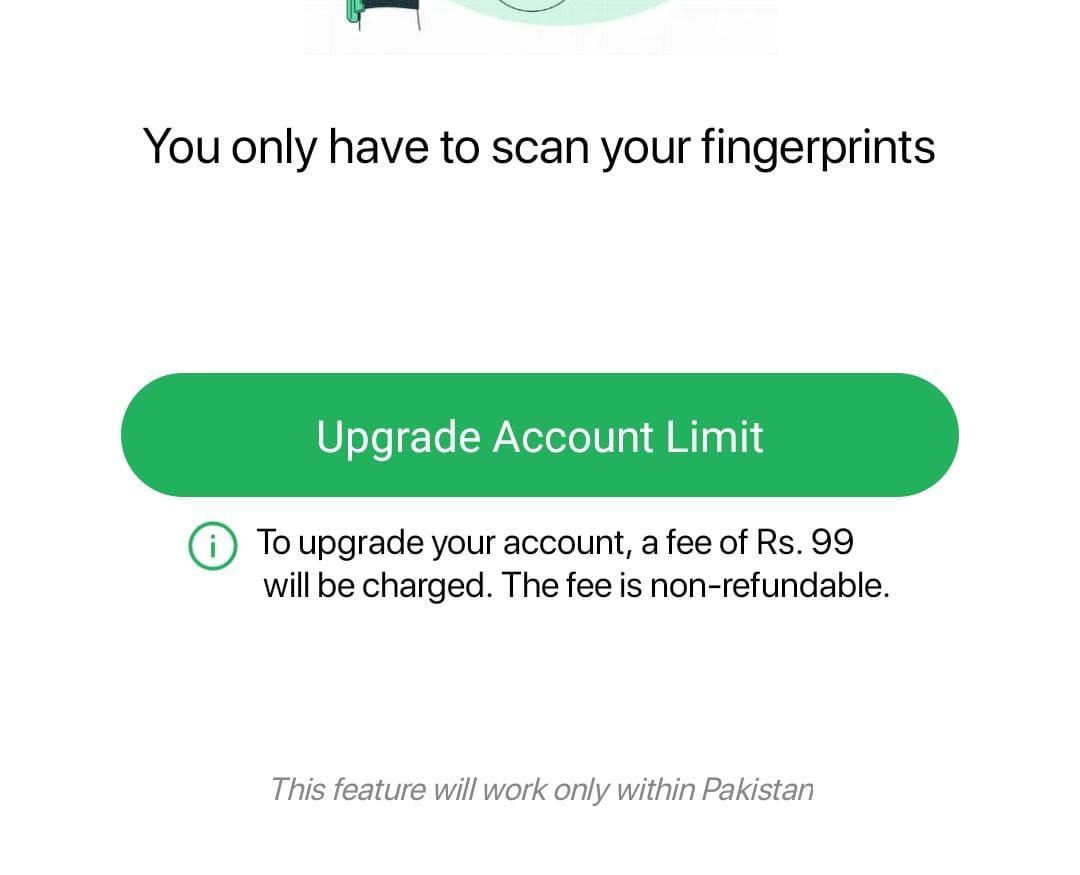ISLAMABAD:
Ishaq Dar, Chairman of a high-level committee on oil and gas, on Monday turned down a framework proposed by the Petroleum Division for the allocation of discovered gas to third parties and categorically said that the government would not “rewrite a policy” already approved by the Council of Common Interests (CCI).
The Petroleum Division presented four proposals for allocating 35% of gas discovered by exploration and production (E&P) companies to third parties.
In the first proposal, it said, the allocation policy should be applied to those fields which were depleting. However, the policy should not be applied to the existing oil and gas fields. Third, the proposed policy should be applied to new oil and gas discoveries.
In the fourth proposal, it said, the 35% gas allocation should be made in phases by gradually increasing the ratio by 5% each year till the year 2031.
However, Dar dismissed the proposals, saying that the government would implement the allocation policy in line with the spirit of the CCI decision taken during the previous caretaker setup. “We cannot rewrite the decision taken after a well-thought-out exercise,” he said and directed the Petroleum Division to submit a revised draft within 15 days.
Over the past seven months, there has been little progress on critical energy policies. Instead, investors have been discouraged, circular debt has escalated and a growing number of companies are considering exiting the country. E&P firms are reportedly hesitant to commit further investments, citing uncertainty surrounding the recent petroleum policy changes. The framework prepared by the Petroleum Division for gas allocation carries such terms that may pose a threat to the planned $5 billion investment by oil and gas exploration companies.
Exploration firms held in early July a meeting with Prime Minister Shehbaz Sharif, where they pledged the investment of $5 billion, depending on amendments to the petroleum policy regarding gas allocation for third parties. They told the meeting that around 240 potential sites would be explored for hydrocarbon deposits.
The caretaker government, in its tenure before the current Pakistan Muslim League (Nawaz)-led administration took over, approved amendments to the petroleum policy where it enhanced the share of gas allocation to third parties from 10% to 35%.
The amendments allow E&P companies to sell up to 35% of gas to third parties without government approval, provided sales were made through a competitive process and prices were not lower than the wellhead gas prices under the 2012 policy.
Sources said that during Monday’s meeting, the issue of reduction in gas supplies to public utilities was also taken up.
It was informed that the utilities were unable to take all indigenous supply and had written to exploration firms to cut supplies further to reduce the pressure on pipelines.
Sources said that petroleum secretary informed the meeting that a consultant was being hired to resolve the issue. Participants of the meeting also deliberated on revising the gas price mechanism. At present, gas utilities are relying on an asset-based return formula, which has resulted in an increase in pipeline network and load-shedding. The return was increasing due to network expansion; therefore, it was stressed that the asset-based formula should be revised.
It was proposed that gas price revisions should be made on a three-month or monthly basis, instead of the existing six months, to ease the burden on gas utilities. It would guarantee higher revenue for the utilities, the meeting was told.
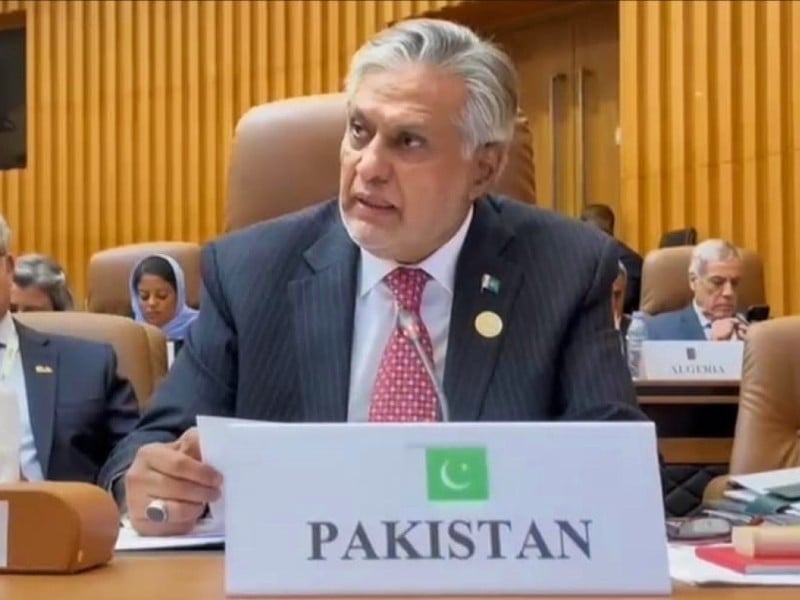

 Technology6 مہینے ago
Technology6 مہینے ago
 Pakistan7 مہینے ago
Pakistan7 مہینے ago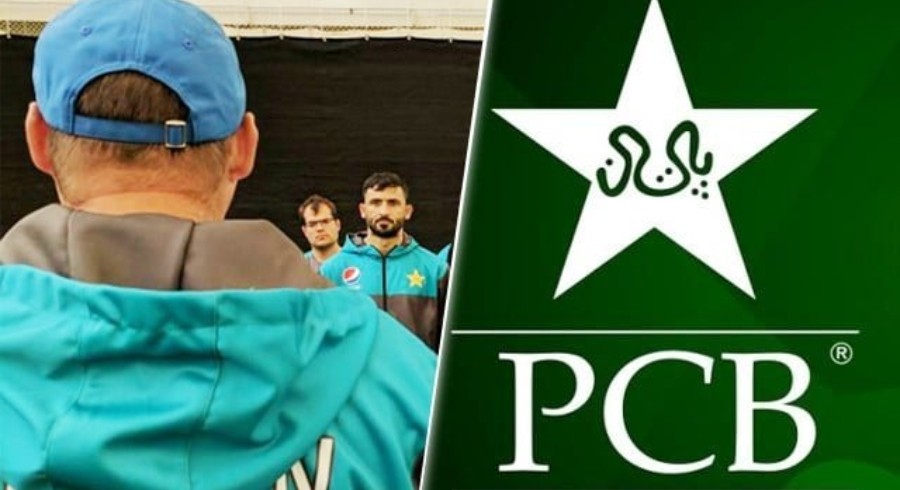
 Sports6 مہینے ago
Sports6 مہینے ago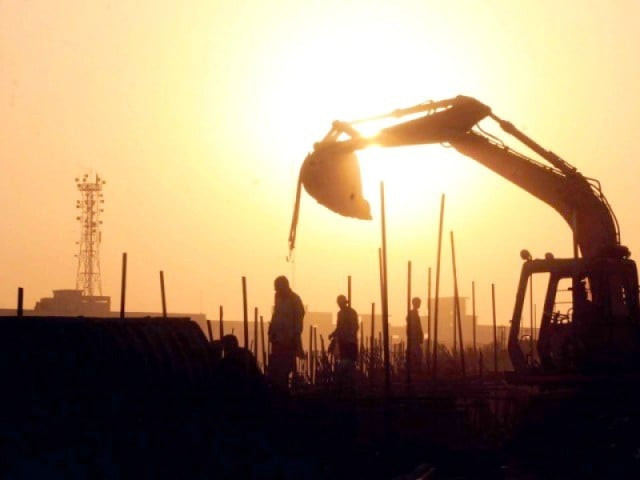
 Pakistan6 مہینے ago
Pakistan6 مہینے ago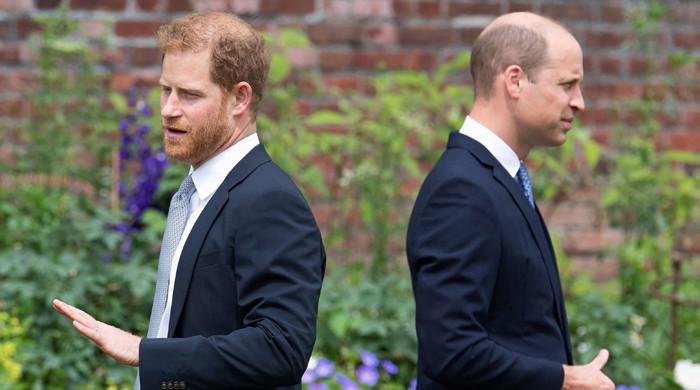
 Entertainment6 مہینے ago
Entertainment6 مہینے ago
 Pakistan6 مہینے ago
Pakistan6 مہینے ago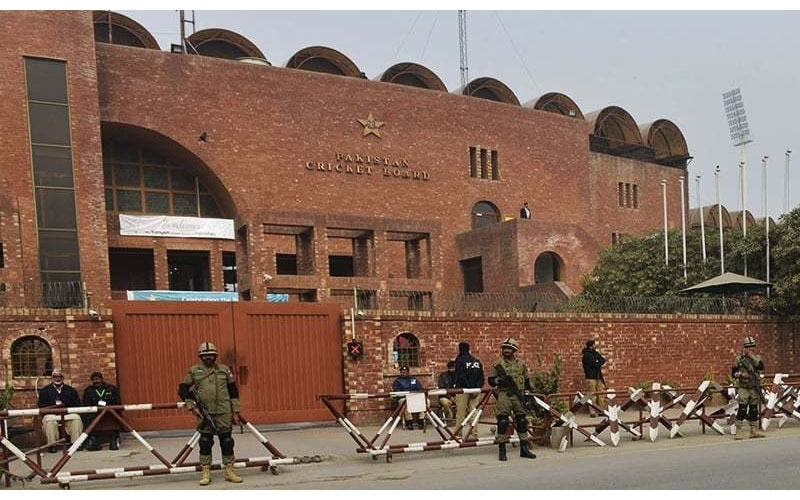
 Sports5 مہینے ago
Sports5 مہینے ago
 Entertainment6 مہینے ago
Entertainment6 مہینے ago
